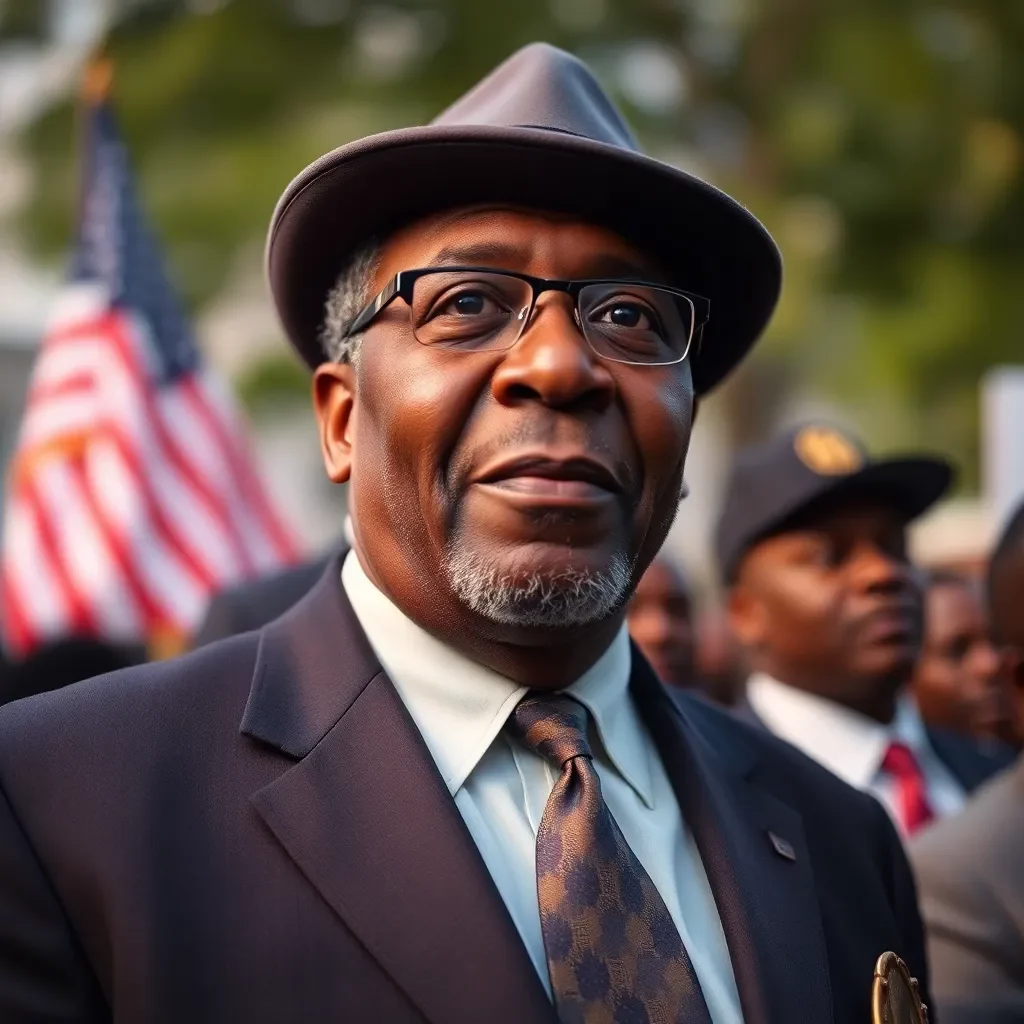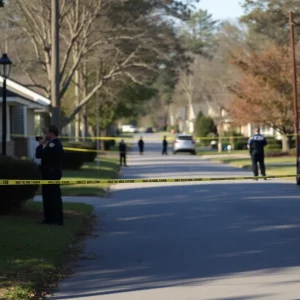Columbia Says Goodbye to a Civil Rights Icon: Lonnie Randolph
Columbia, South Carolina, is mourning the loss of Lonnie Randolph, a dedicated civil rights leader and former NAACP state president, who passed away after a lengthy illness. His friends shared the news, highlighting how Randolph was an integral part of the fight against racial injustice in South Carolina for decades. His life was a testament to perseverance, passion, and an unwavering commitment to equality.
From Student to Activist
Born and raised in Columbia, Randolph witnessed firsthand the harsh realities of a racially divided society. As one of the first Black students to integrate Dreher High School in the mid-1960s, he was determined to challenge the status quo. Growing up during such tumultuous times shaped his views and ignited a fire within him to address the deep-seated racial inequalities he saw and experienced daily.
Even into adulthood, certain places served as painful reminders of the past. For instance, Randolph often expressed his discomfort with visiting the main branch of the Richland County Public Library on Assembly Street. He recalled memories of being barred from entering white-only libraries and being confined to a small and dilapidated facility on Gervais Street. “Those memories haunt me,” he once shared. “They remind me of a time when we were treated as second-class citizens.”
A Fearless Leader
Randolph’s approach to discussing race was characterized by a blunt honesty and a refusal to compromise on his values. His friend, attorney I.S. Leevy-Johnson, remembered him as a visionary leader who never shied away from confrontation. “Lonnie was not fearful of anything,” he said, capturing Randolph’s essence as a fearless advocate for justice.
Another friend, J.T. McLawhorn Jr., president of the Columbia Urban League, echoed these sentiments, stating that Randolph was a civil rights icon who inspired countless individuals to engage in the fight against discrimination. “He led from the front, always ready to address any form of racial injustice,” McLawhorn affirmed.
Challenging the Confederate Flag
For years, Randolph was a vocal opponent of the Confederate flags that adorned the South Carolina State House. To him, these flags symbolized a painful legacy, representing both a slave-holding past and the era of Jim Crow segregation that denied Black South Carolinians basic rights. Although many pro-flag supporters claimed the flag was a harmless nod to Southern heritage, Randolph saw otherwise. He argued passionately that visibility of the Confederate flag maintained a harmful narrative that sought to revive those oppressive days.
A Long Battle for Change
The struggle over the flag’s place at the State House was lengthy and heated. The Confederate flag was first raised in 1961 and remained a contentious issue for decades. It wasn’t until 2000, after public protests and intense debate, that a compromise was reached. The flag was moved to a pole in front of the State House amid promises of an African American monument. However, for Randolph, this was not enough. He pushed for further action, leading boycotts and encouraging national organizations to stay away from the state until more significant changes were made.
In 2015, following a tragic mass shooting at a Charleston church that reignited discussions surrounding race and the Confederate flag, South Carolina lawmakers finally voted to remove the flag from public grounds entirely. Randolph’s advocacy played a crucial role in the years leading up to this significant moment.
More Than Just an Activist
Outside of his work in civil rights, Randolph was also a respected optometrist and dedicated community member. He spent years serving the health needs of various populations, including inmates within the South Carolina correctional system. His commitment to service wasn’t overshadowed by his activism; rather, it complemented it.
As friends and colleagues remember him now, they reflect on his incredible ability to foster dialogue and address issues head-on. Richland County Sheriff Leon Lott, who became friends with Randolph over 40 years ago, shared how their bond showcased the power of unity and understanding. “People were surprised that a Southern sheriff and a Black civil rights leader could be such good friends,” Lott said. “But Lonnie was all about finding common ground.”
A Lasting Legacy
Throughout his life, Randolph maintained his commitment to justice and equality, inspiring many to join him in the cause. Friends like attorney Joe McCulloch, who shared memories of their high school days on the track team, remember Randolph as a force of nature—“Lonnie was no shrinking violet,” McCulloch said, “but he always believed in solving problems through discussion.”
With funeral plans still being determined, the Columbia community reflects on Randolph’s incredible legacy. His tireless work and determination can serve as a beacon of hope and motivation for future generations continuing the fight for racial equality and justice. As Columbia grapples with this loss, the profound impact he made over his lifetime will not be forgotten.








